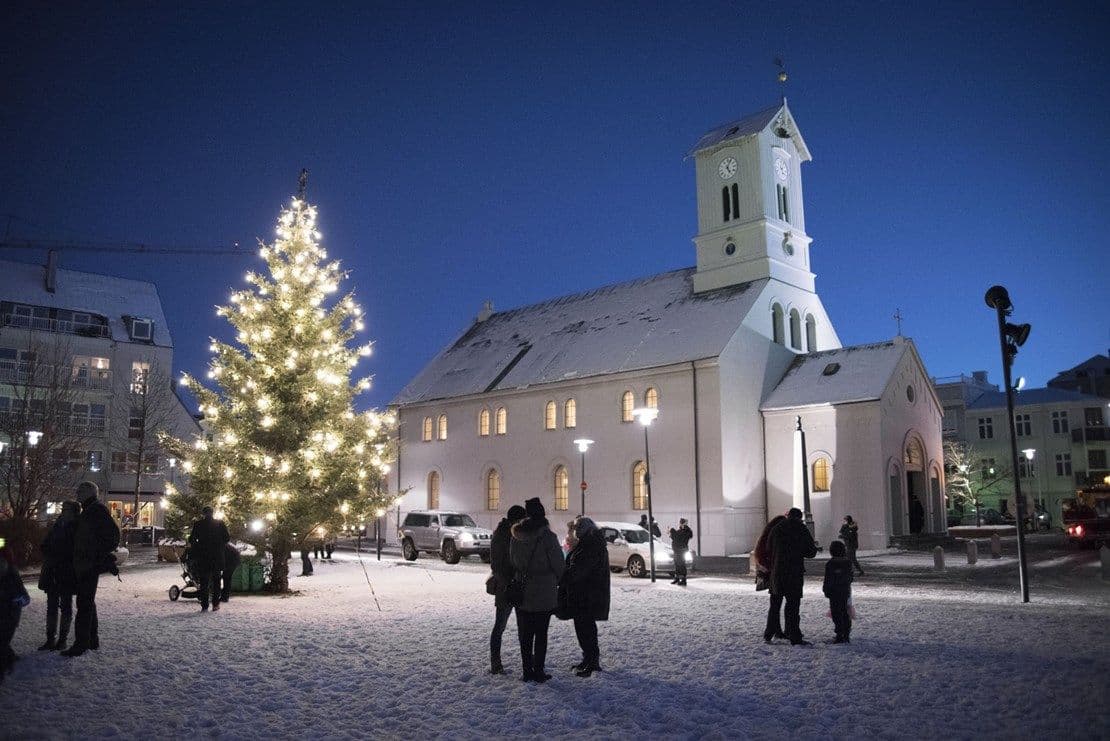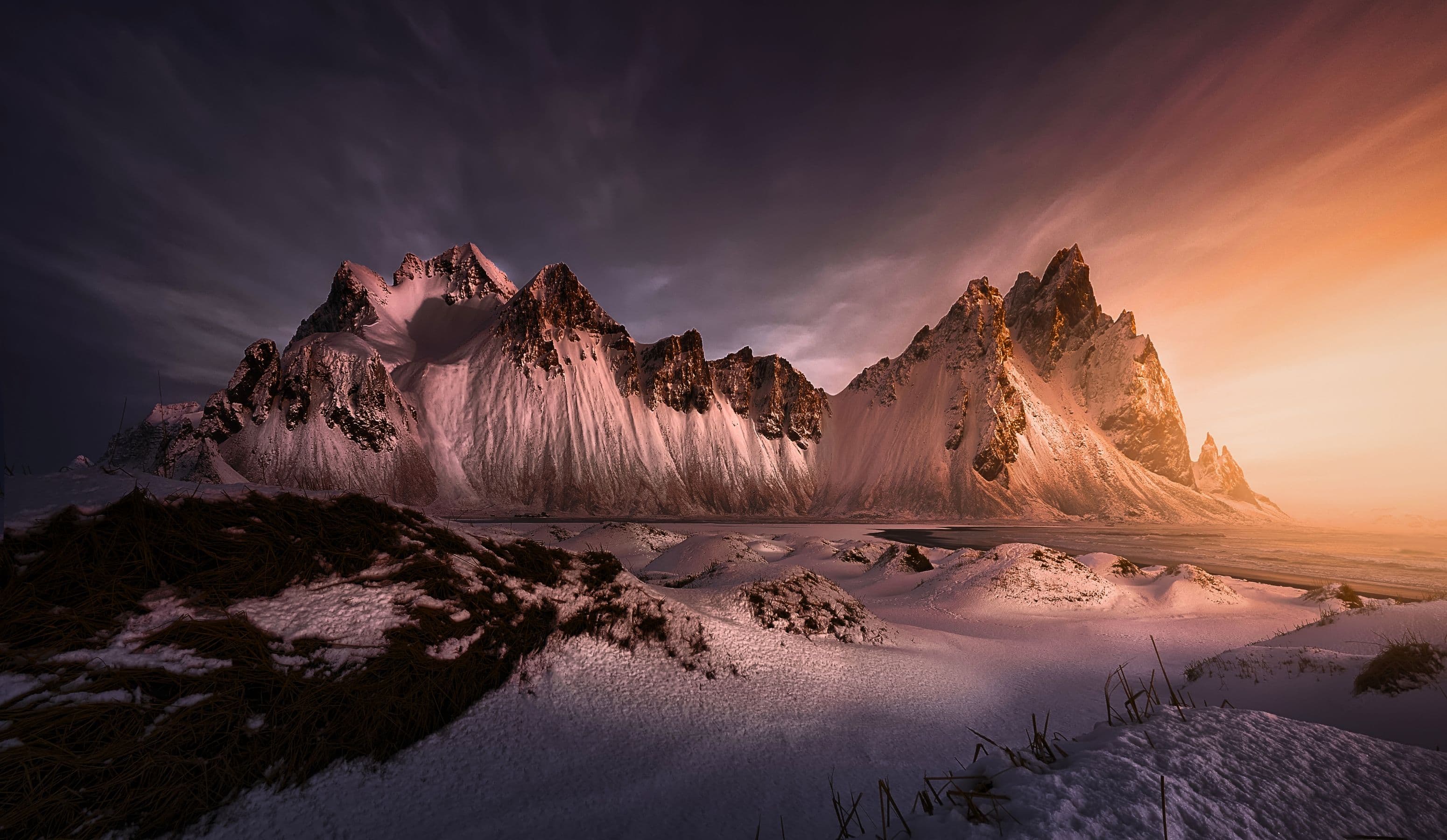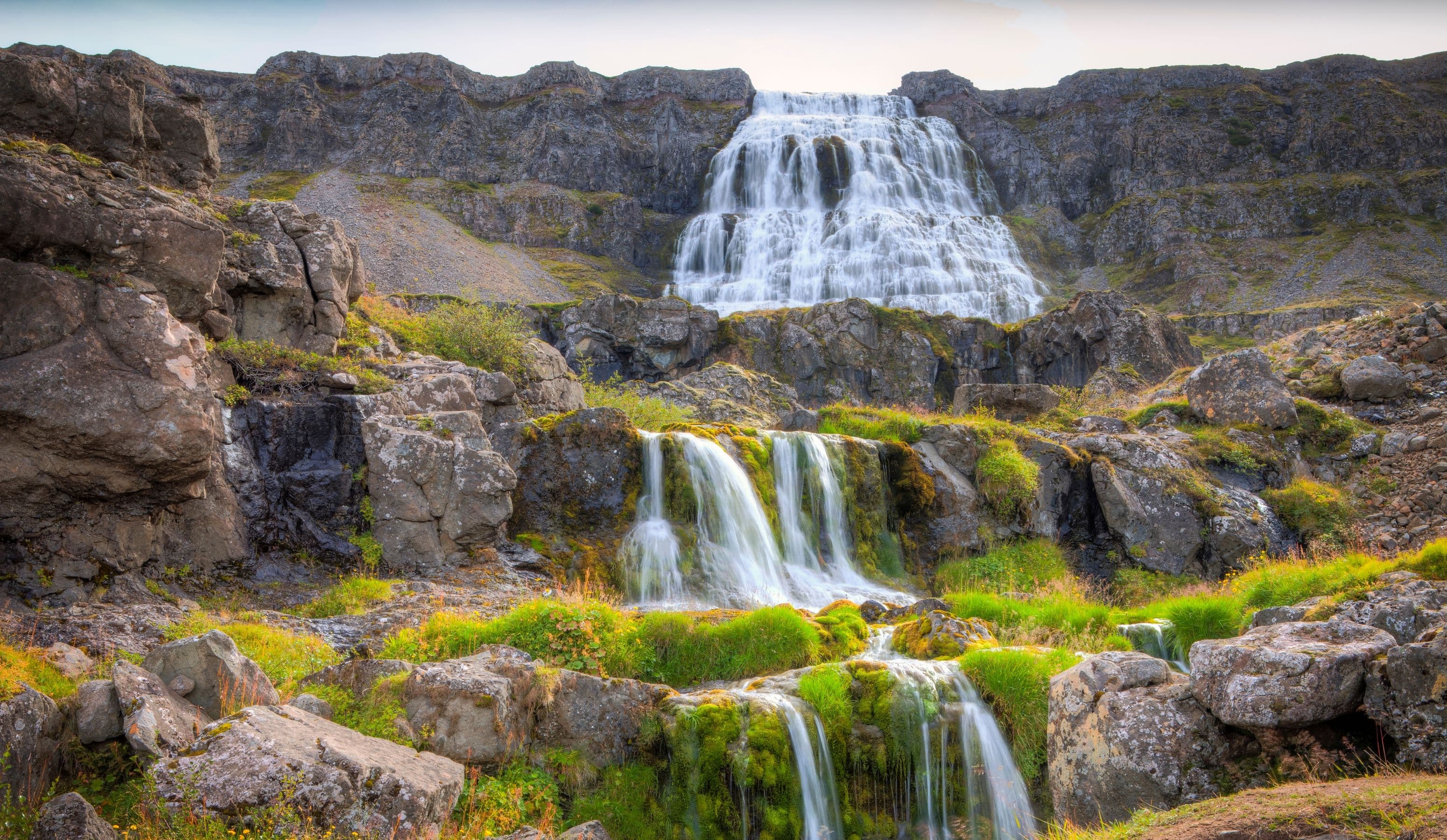
Activities
Discovering the Untamed Beauty of Iceland's Westfjords
The Westfjords of Iceland, a remote and rugged region, is often overlooked by travelers in favor of the country's more famous attractions. Yet, this corner of Iceland is home to some of the country's most dramatic landscapes, charming villages, and unique cultural experiences. From the thunderous roar of Dynjandi waterfall to the serene sands of Rauðisandur and the awe-inspiring cliffs of Látrabjarg, the Westfjords offer a wealth of adventures for every type of traveler. This article delves into the must-visit spots in this stunning region and highlights why the Westfjords should be on every traveler's itinerary.
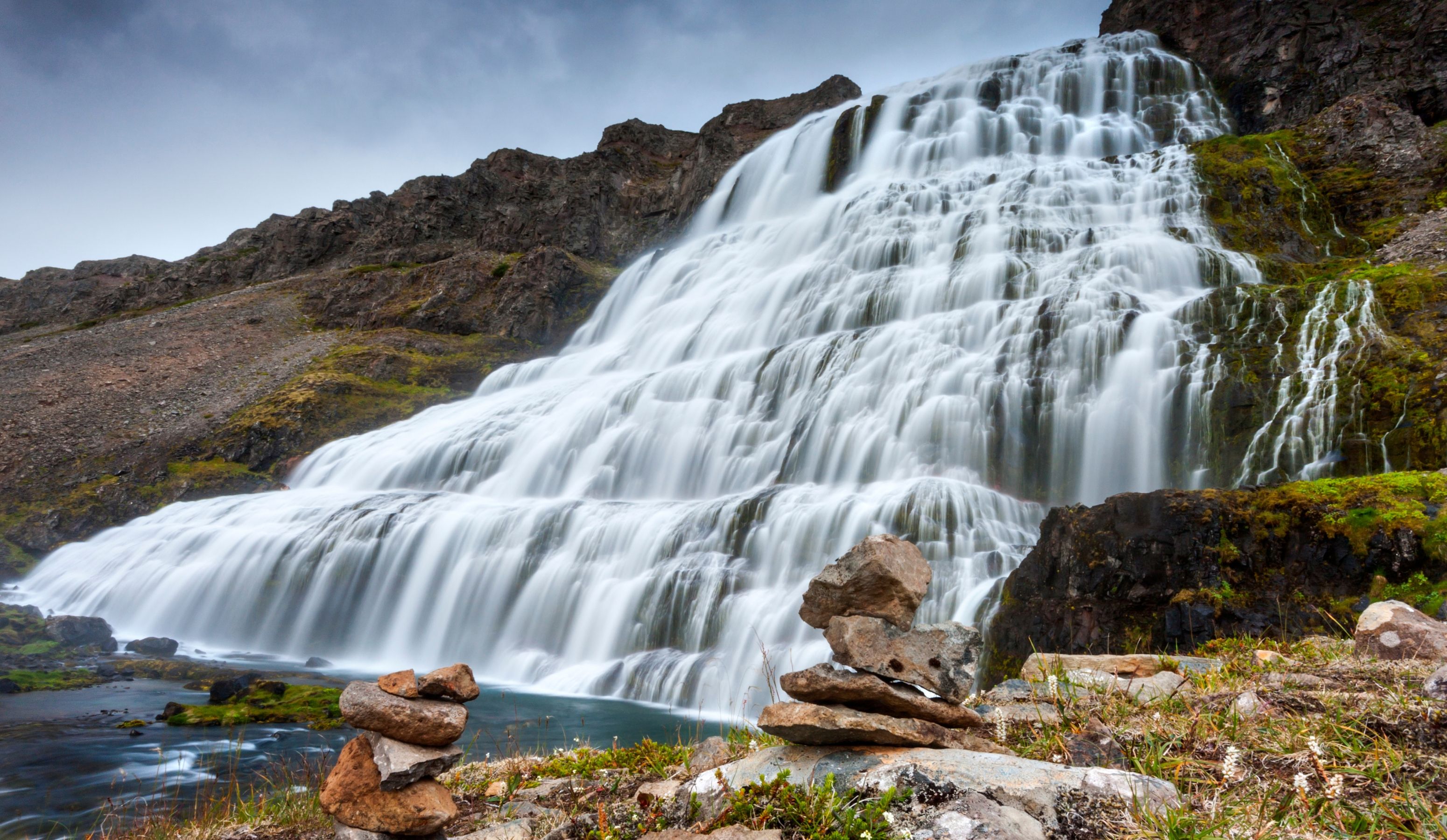
Dynjandi Waterfall: The Jewel of the Westfjords
Dynjandi, often referred to as the "Jewel of the Westfjords," is a breathtaking series of waterfalls cascading down a rugged mountainside. The main waterfall, Dynjandi (meaning "thunderous"), drops 100 meters (328 feet) and fans out like a bridal veil. Below it, several smaller waterfalls continue the descent, each with its unique charm. The hike to Dynjandi is relatively short but steep, offering panoramic views of the Arnarfjörður fjord as you ascend. The sound of rushing water and the sight of the majestic falls make Dynjandi a truly unforgettable experience.
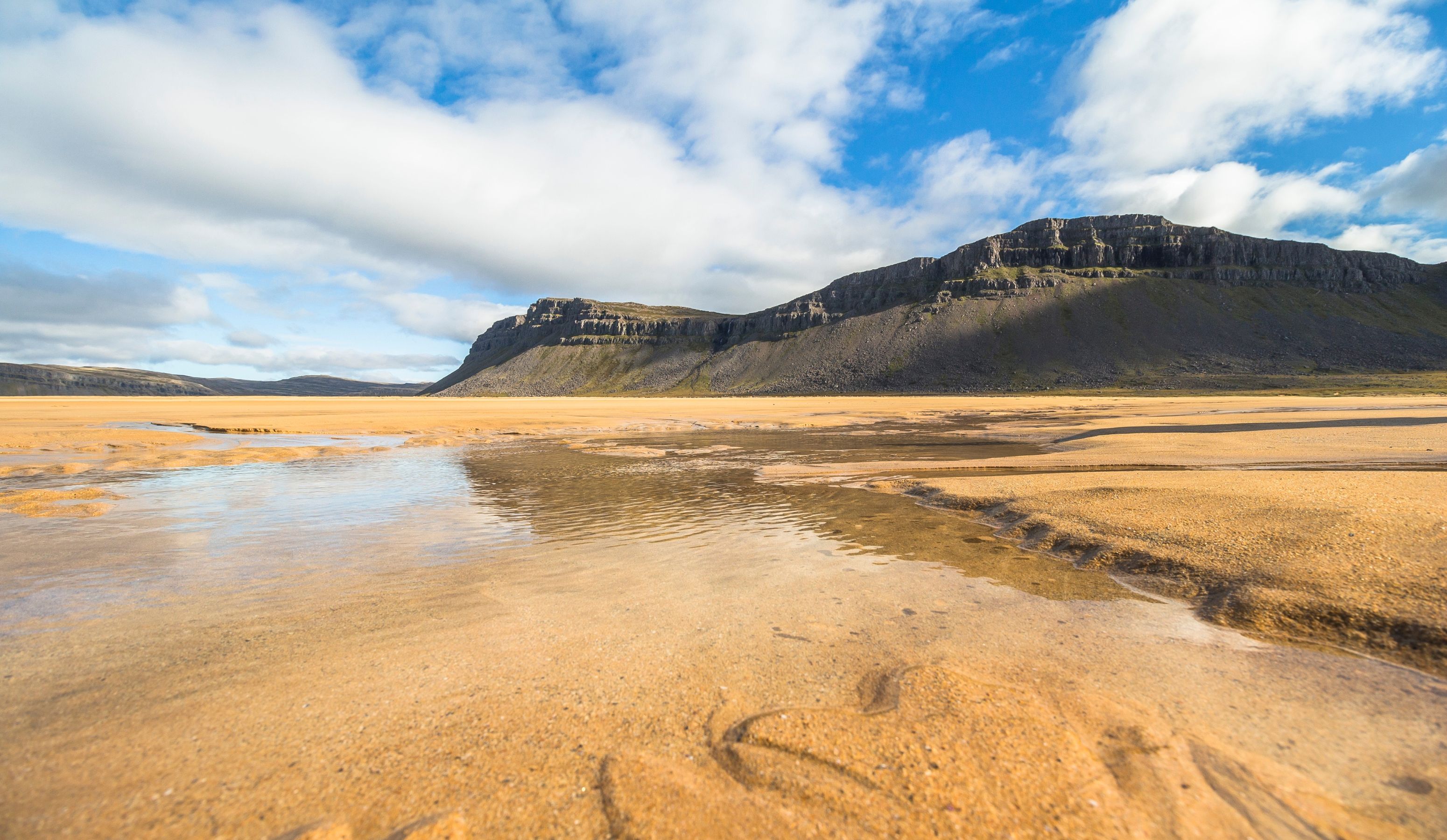
Rauðisandur: The Red Sand Beach
Rauðisandur, or "Red Sand Beach," is a striking contrast to the typical black sand beaches of Iceland. The beach stretches for over 10 kilometers (6 miles) and is covered in golden-red sand, which changes hue depending on the light and weather. The journey to Rauðisandur is an adventure in itself, involving a drive down a winding gravel road with stunning views of the surrounding mountains and sea. Once there, visitors can enjoy a peaceful walk along the shore, spot seals lounging on the sand, or simply soak in the tranquility of this remote paradise.
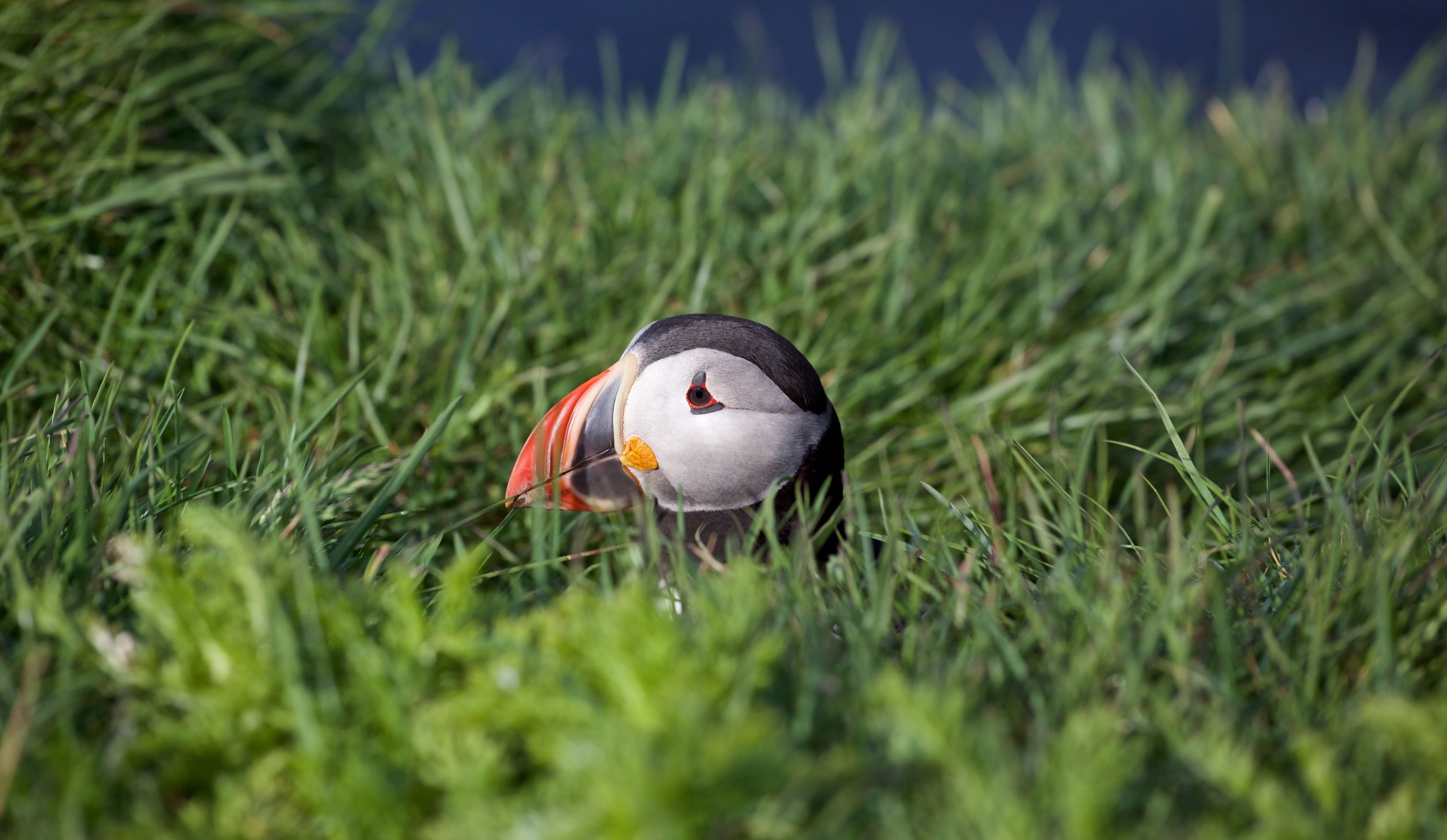
Látrabjarg: Europe's Largest Bird Cliffs
Látrabjarg is Europe's largest bird cliff, stretching 14 kilometers (8.7 miles) and reaching heights of up to 440 meters (1,444 feet). This dramatic cliff is home to millions of seabirds, including puffins, razorbills, guillemots, and fulmars. Birdwatchers and nature enthusiasts will be thrilled by the opportunity to observe these birds up close, especially during the nesting season from May to August. The sheer drop of the cliffs into the Atlantic Ocean below creates a stunning backdrop for photography and a sense of awe at nature's grandeur.
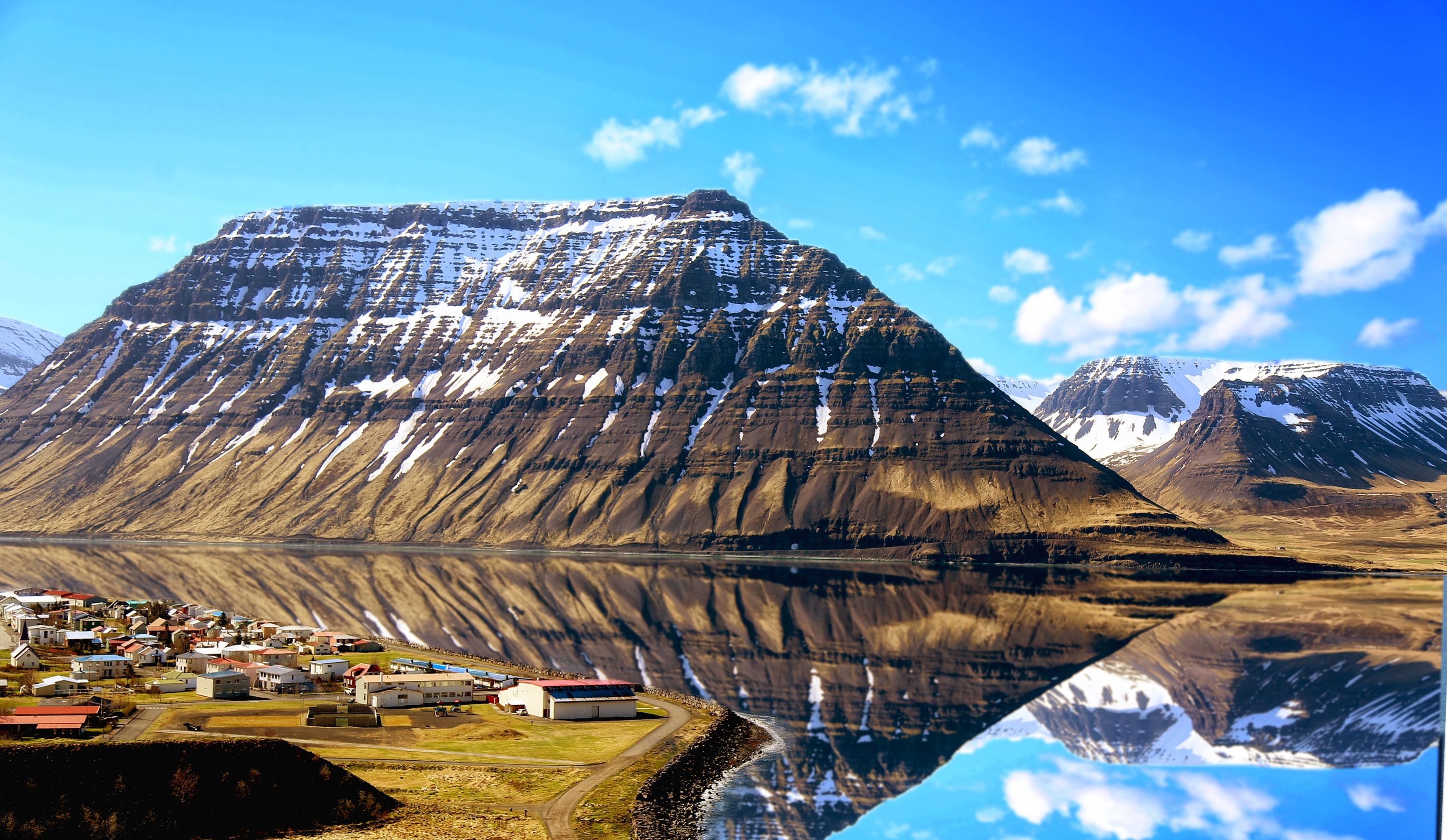
Ísafjörður: The Heart of the Westfjords
Ísafjörður, the largest town in the Westfjords, is a charming hub of culture and history. Surrounded by towering mountains and nestled on a narrow spit of land, Ísafjörður offers a blend of natural beauty and urban amenities. The town's well-preserved historic buildings, including the Old Hospital (Gamla sjúkrahúsið) and the Maritime Museum, provide a glimpse into its past. Visitors can enjoy a variety of activities, such as kayaking in the fjord, hiking nearby trails, or indulging in local cuisine at one of the cozy restaurants and cafes.
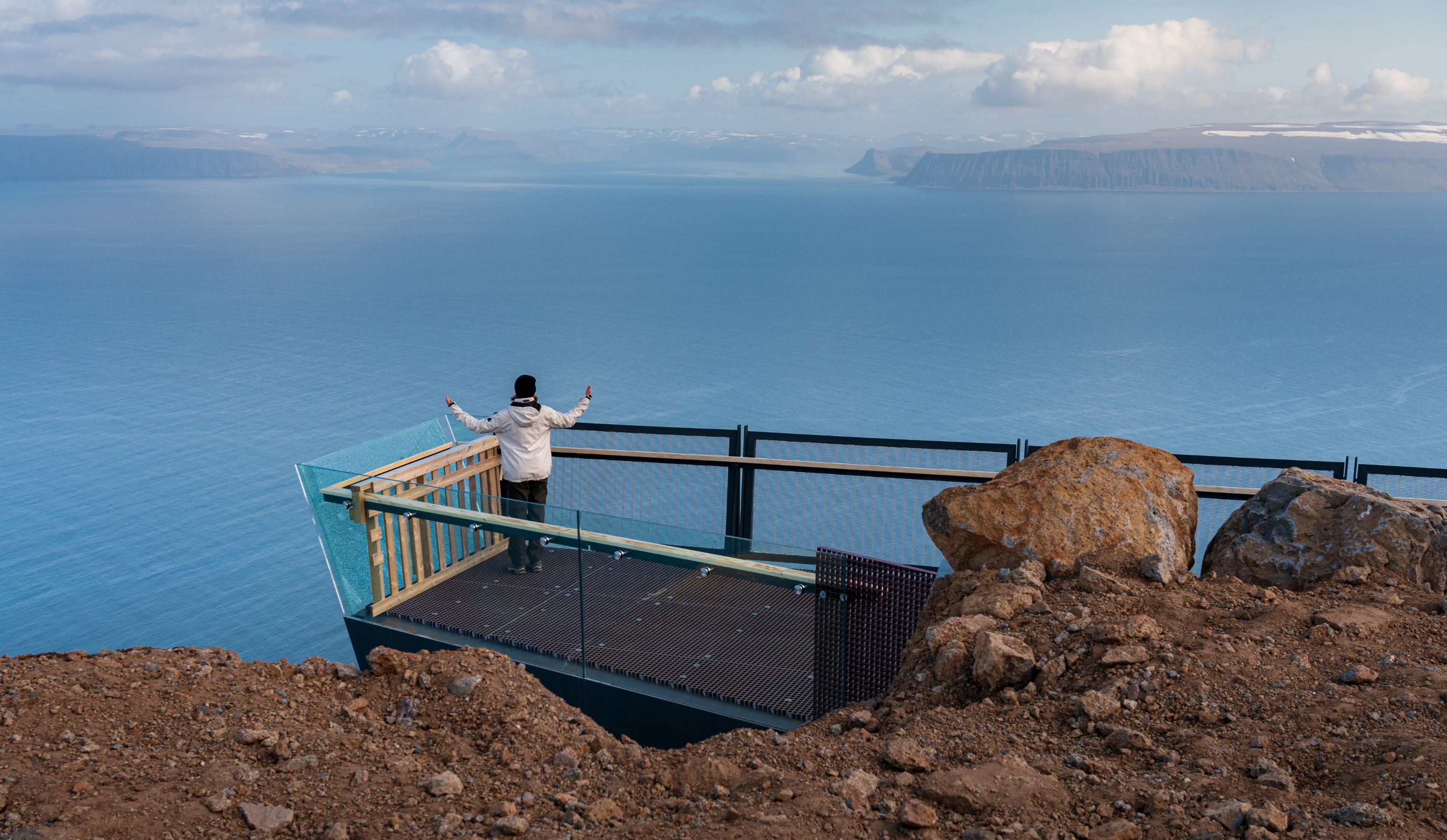
Bolafjall Viewpoint: A Panoramic Perspective
Bolafjall, a mountain near the village of Bolungarvík, offers one of the most spectacular viewpoints in the Westfjords. A road leads up to the summit, where visitors are greeted with panoramic views of the surrounding fjords, mountains, and the vast Atlantic Ocean. On clear days, you can even see as far as the coast of Greenland. The viewpoint provides a perfect spot for photography, and the dramatic landscapes are sure to leave a lasting impression.
Valagil Ravine: A Hidden Gem
Valagil, a hidden ravine near the village of Súðavík, is a peaceful and picturesque spot that often goes unnoticed by tourists. The ravine is characterized by its lush vegetation, cascading waterfalls, and towering rock formations. A well-marked hiking trail leads visitors through the ravine, offering stunning views of the surrounding landscapes. The hike is relatively easy and suitable for families, making it a great option for those looking to explore the natural beauty of the Westfjords without venturing too far off the beaten path.
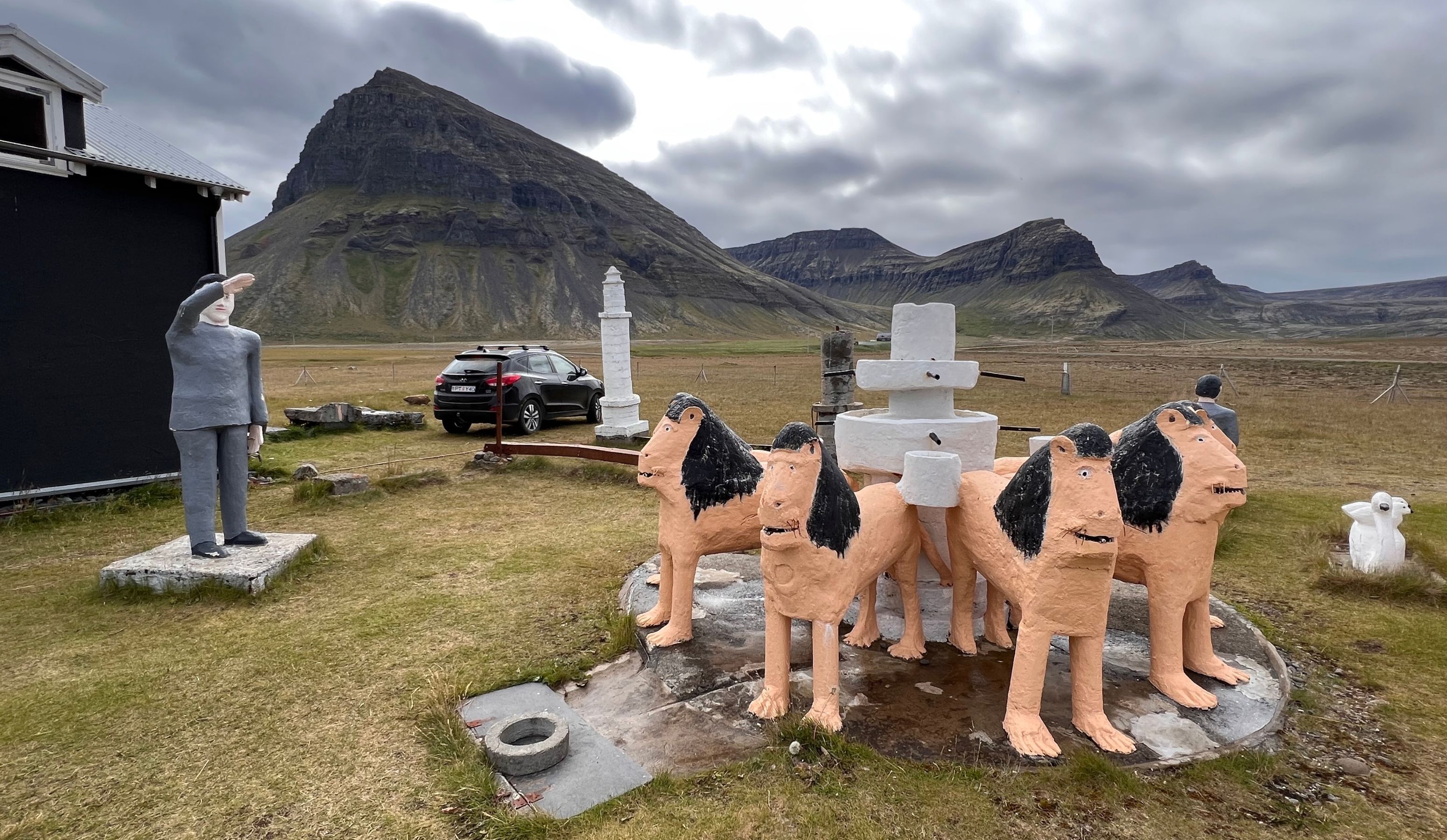
Samúel Jónsson’s Art Museum: A Testament to Creativity
In the remote village of Selárdalur, the Samúel Jónsson Art Museum showcases the unique works of Samúel Jónsson, a self-taught artist and farmer. Jónsson's art, which includes sculptures, paintings, and buildings, is characterized by its whimsical and naïve style. The museum, located on Jónsson's former farm, allows visitors to explore his imaginative creations in their original setting. The vibrant colors and playful designs of his works provide a stark contrast to the rugged landscapes of the Westfjords, making the museum a delightful and unexpected discovery.
The Icelandic Sea Monster Museum: A Dive into Folklore
Located in Bíldudalur, the Icelandic Sea Monster Museum (Skrímslasetrið) offers a fascinating glimpse into Iceland's rich folklore and maritime history. The museum is dedicated to the sea monsters that have been reported in the waters around the Westfjords for centuries. Through multimedia exhibits, visitors can learn about the various sea monsters, their stories, and the possible explanations behind these sightings. The museum provides an engaging and educational experience for visitors of all ages, making it a must-visit for those interested in Icelandic culture and mythology.

Djúpavík: The Abandoned Herring Factory
Djúpavík, a ghost town on the shores of the remote Reykjarfjörður fjord, is home to an abandoned herring factory that once thrived during the early 20th century. Today, the factory stands as a hauntingly beautiful relic of Iceland's industrial past. Visitors can take guided tours of the factory, exploring its decaying halls and learning about the history of the herring industry. The surrounding area offers stunning views of the fjord and opportunities for hiking and photography. Djúpavík's eerie atmosphere and historical significance make it a fascinating stop for those exploring the Westfjords.
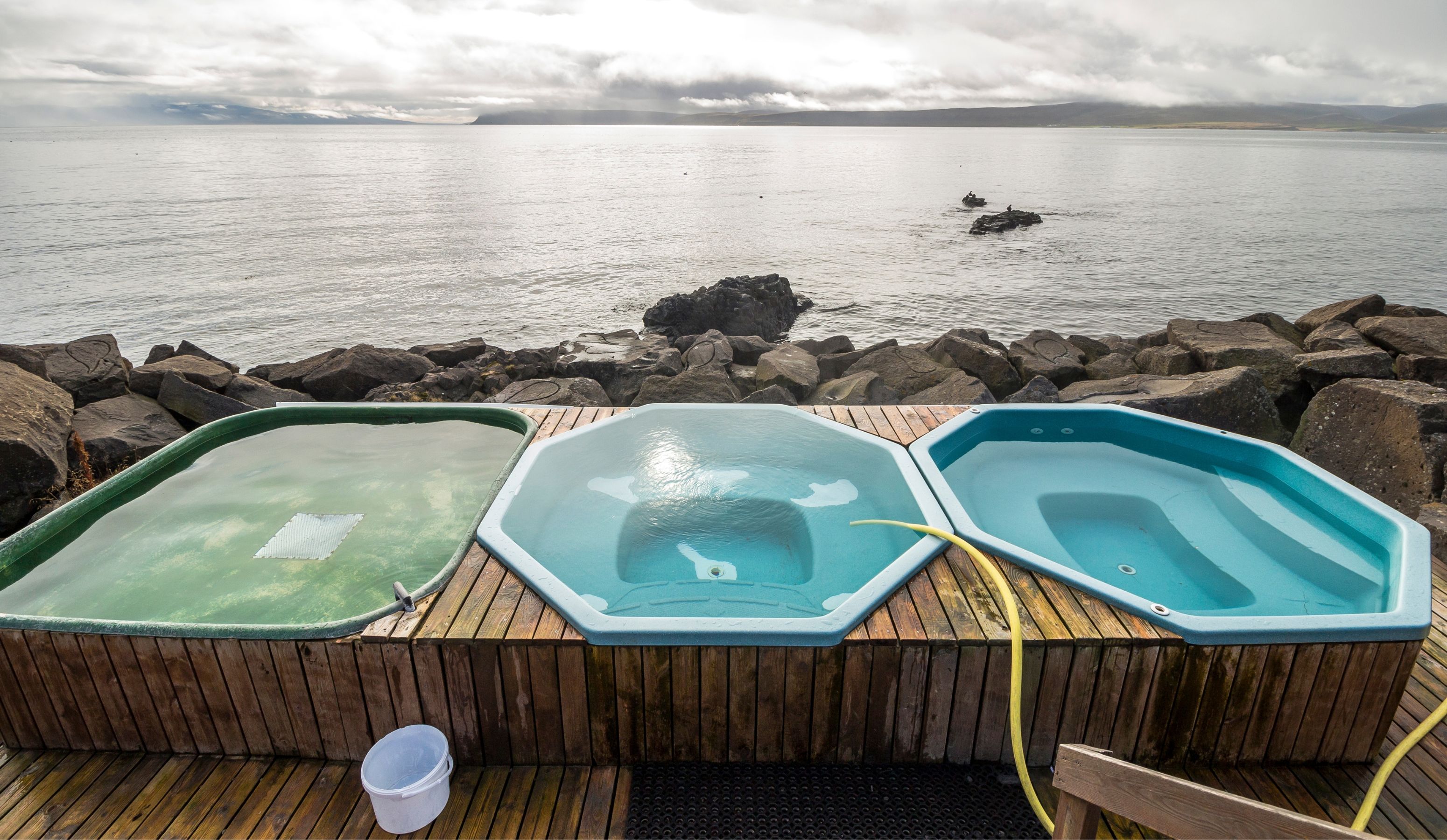
Hot Tubs on the Beach at Drangsnes: A Relaxing Retreat
The small village of Drangsnes offers a unique and relaxing experience: hot tubs on the beach. These geothermal tubs are filled with naturally heated water and provide a perfect spot to unwind while enjoying views of the surrounding fjord and mountains. The hot tubs are open year-round and free to use, making them a popular spot for both locals and tourists. Whether you visit during the midnight sun of summer or the northern lights of winter, soaking in the hot tubs at Drangsnes is a serene and memorable experience.
Museum of Icelandic Sorcery and Witchcraft: Exploring the Dark Arts
Located in the village of Hólmavík, the Museum of Icelandic Sorcery and Witchcraft delves into the darker aspects of Icelandic history and folklore. The museum features exhibits on witchcraft, sorcery, and the supernatural, including artifacts such as spell books, runes, and magical staves. Visitors can learn about the infamous witch hunts that took place in Iceland during the 17th century and explore the myths and legends that have shaped the country's cultural heritage. The museum offers a unique and intriguing perspective on Iceland's past, making it a must-visit for those interested in the occult and the supernatural.
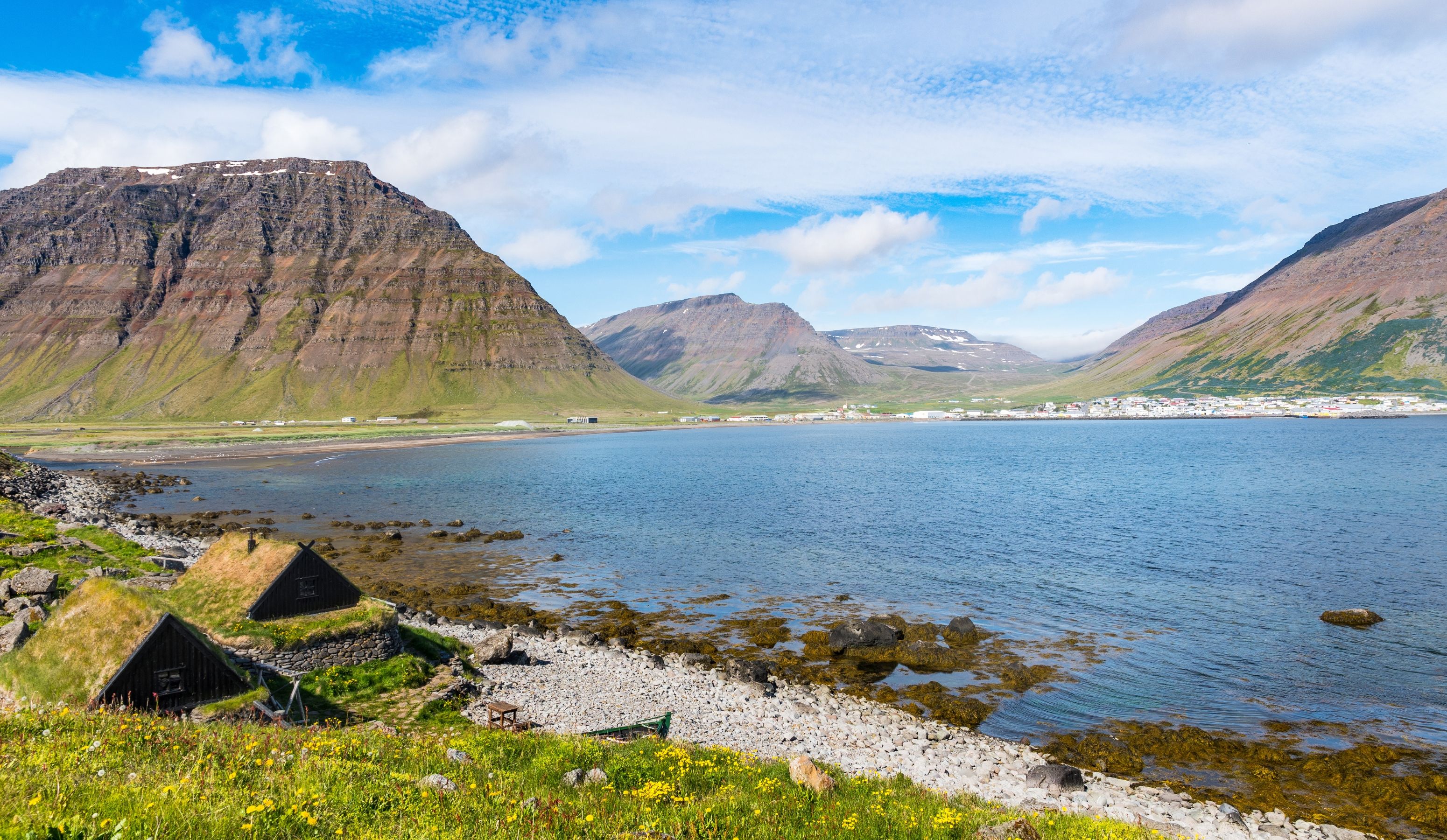
Ósvör Maritime Museum: A Glimpse into the Past
The Ósvör Maritime Museum, located in Bolungarvík, is a reconstructed 19th-century fishing station that offers a fascinating look into Iceland's maritime heritage. The museum includes a fisherman's hut, a fish-drying shed, and various tools and equipment used in traditional fishing practices. Visitors can explore the exhibits and learn about the harsh conditions faced by Icelandic fishermen in the past. The museum provides a vivid and immersive experience, transporting visitors back in time to an era when fishing was a central part of life in the Westfjords.
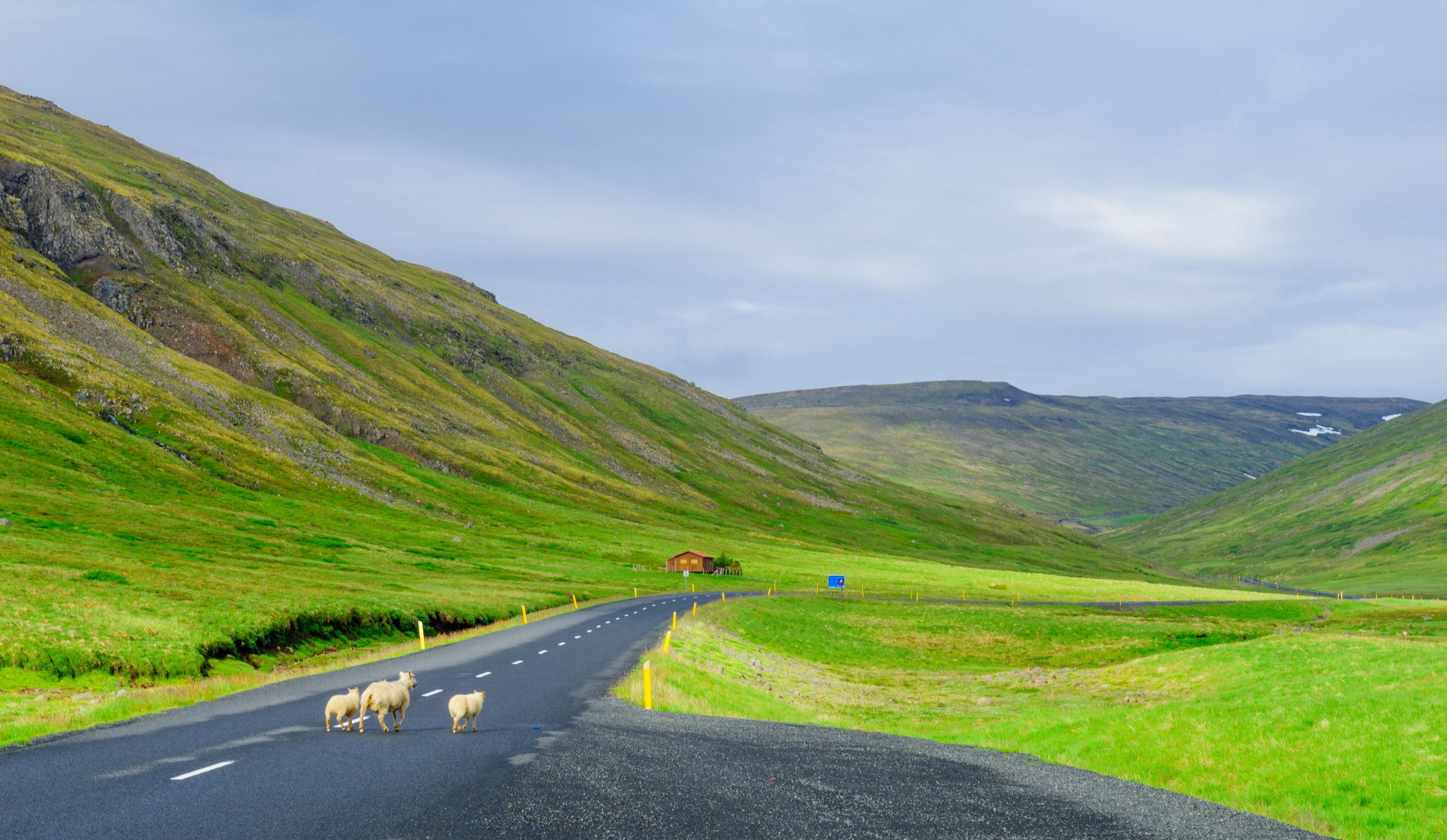
Road Trip Along the Strandir Coast: The Ultimate Adventure
A road trip along the Strandir coast offers an unforgettable journey through some of the most remote and rugged landscapes in Iceland. The Strandir coast, located in the northeastern part of the Westfjords, is known for its dramatic fjords, steep mountains, and isolated farms. The highlight of the trip is a visit to Krossneslaug, a geothermal pool perched on the edge of the sea. The pool offers stunning views of the ocean and surrounding mountains, providing a perfect spot to relax after a long drive. Along the way, travelers can also visit small fishing villages, hike in the pristine wilderness, and explore the region's rich cultural heritage.
Hornstrandir Nature Reserve: The Untamed Wilderness
Hornstrandir Nature Reserve, located at the northernmost tip of the Westfjords, is one of Iceland's most remote and pristine wilderness areas. This untouched paradise, spanning 580 square kilometers (224 square miles), offers unparalleled opportunities for adventure, solitude, and a deep connection with nature. Hornstrandir is characterized by its dramatic cliffs, lush valleys, rugged coastlines, and abundant wildlife, making it a must-visit destination for outdoor enthusiasts and nature lovers.
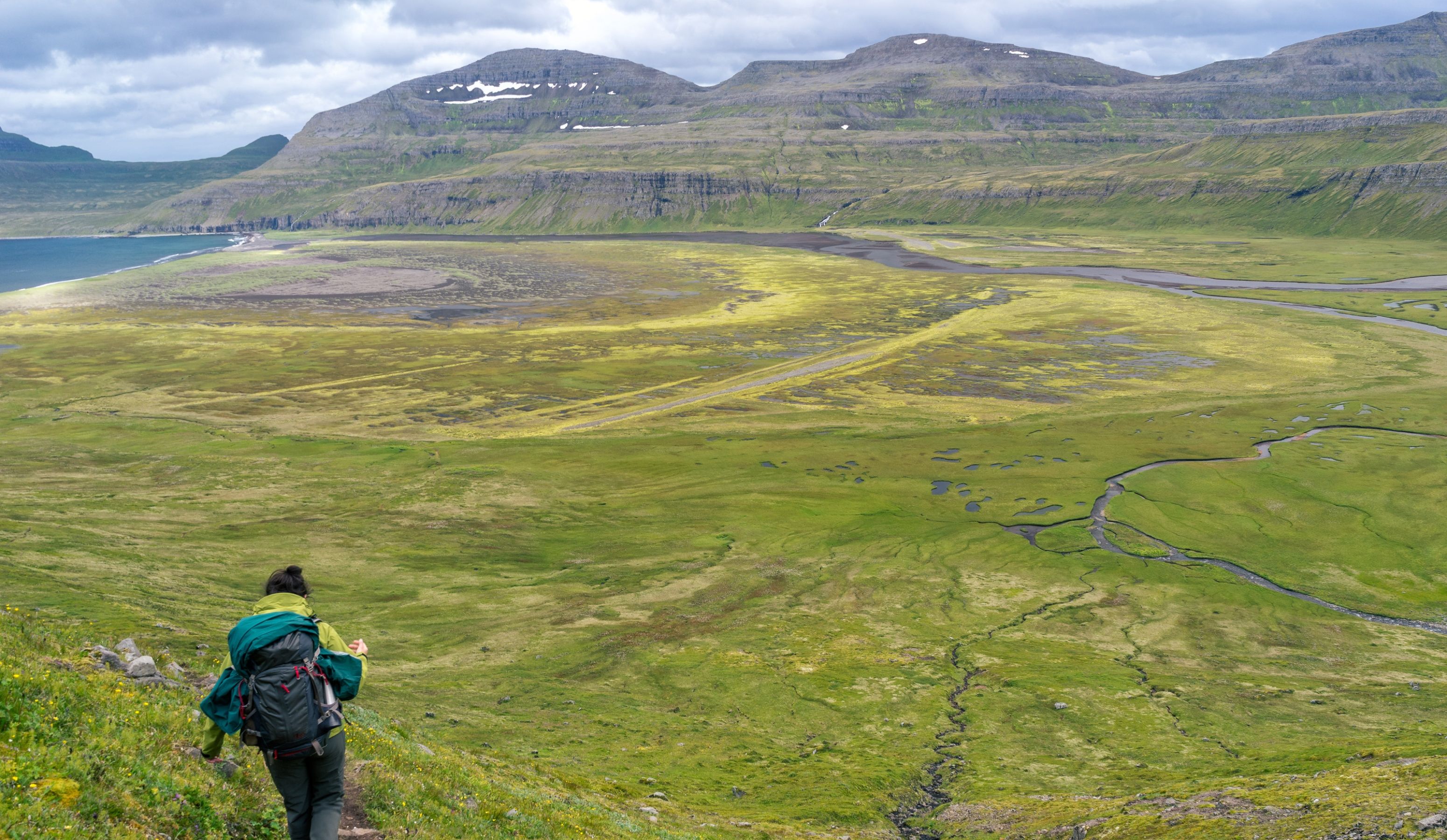
Getting to Hornstrandir
Reaching Hornstrandir is an adventure in itself. The reserve is accessible only by boat, with regular services operating from Ísafjörður and Bolungarvík during the summer months. The boat ride offers stunning views of the Westfjords' coastline and sets the stage for the wild beauty that awaits. Because there are no roads or permanent settlements in Hornstrandir, visitors must be prepared for a truly off-the-grid experience, carrying all necessary supplies and camping equipment.
Hiking in Hornstrandir
Hornstrandir is a hiker's paradise, with a network of trails that traverse its diverse landscapes. Whether you're an experienced trekker or a casual hiker, there are routes to suit all levels of fitness and interest. Some popular hikes include:
- Hornvík to Veiðileysufjörður: This challenging route takes you through the heart of Hornstrandir, passing towering cliffs, serene fjords, and verdant valleys. The hike offers stunning vistas and the chance to encounter Arctic foxes, seabirds, and other wildlife.
- Hornbjarg Cliffs: These cliffs are among the most dramatic in Iceland, rising sharply from the sea to heights of over 500 meters (1,640 feet). The hike to Hornbjarg offers breathtaking views of the ocean and surrounding landscapes, as well as the opportunity to observe nesting seabirds up close.
- Kjaransvík to Aðalvík: This relatively easy hike takes you through scenic valleys and along the coast, offering beautiful views and the chance to explore abandoned farmsteads that tell the story of Hornstrandir's past human inhabitants.
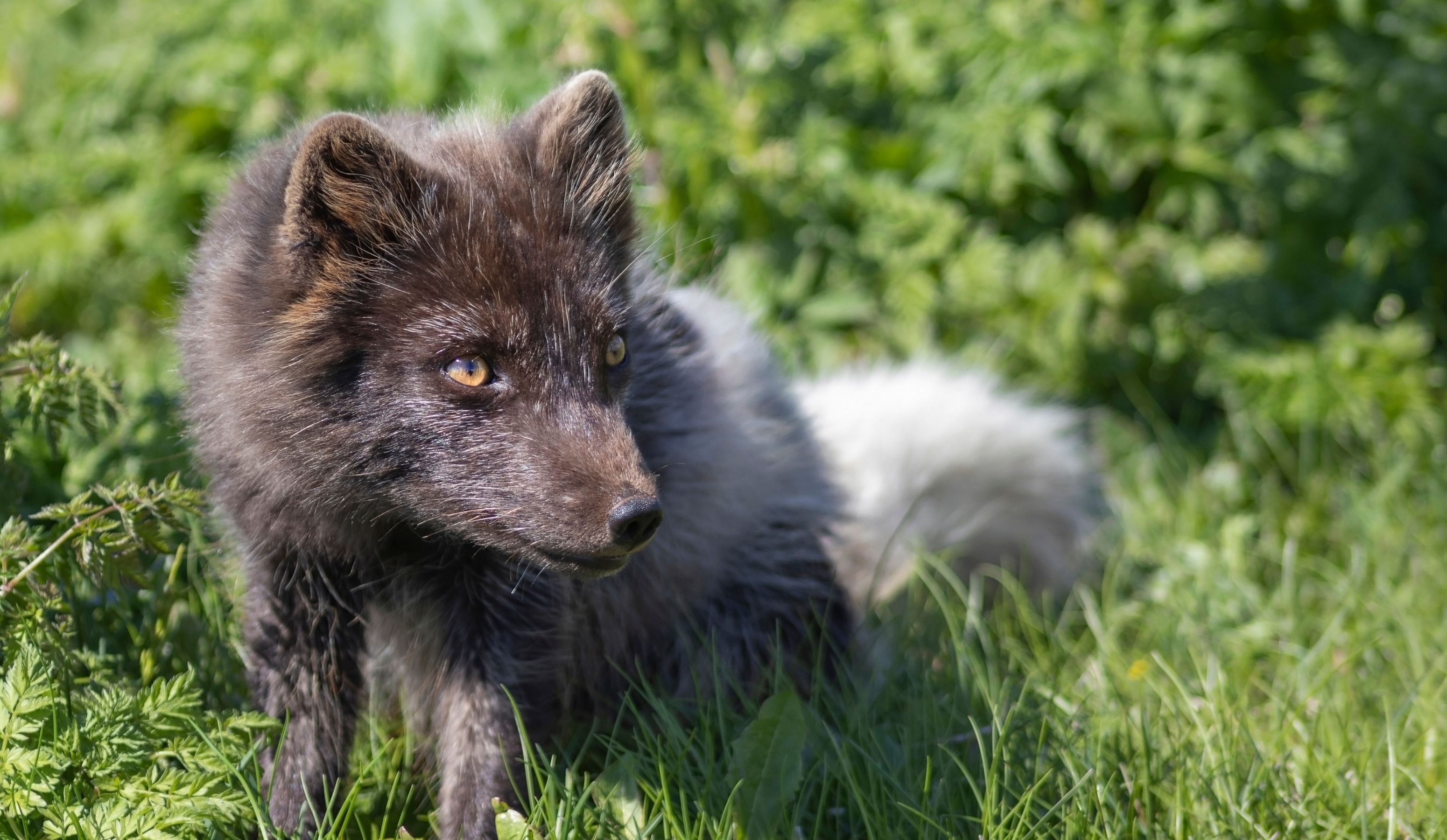
Wildlife Watching
Hornstrandir is a haven for wildlife, providing a sanctuary for many species that are rarely seen elsewhere in Iceland. The Arctic fox, Iceland's only native land mammal, is a common sight in the reserve. These curious and playful creatures can often be seen foraging along the coast or darting through the underbrush.
The cliffs of Hornstrandir are home to millions of seabirds, including puffins, guillemots, razorbills, and kittiwakes. Birdwatchers will be in their element, with opportunities to observe these birds nesting and feeding in their natural habitat. In addition to seabirds, the coastal waters around Hornstrandir are frequented by seals, and lucky visitors may even spot whales or dolphins offshore.
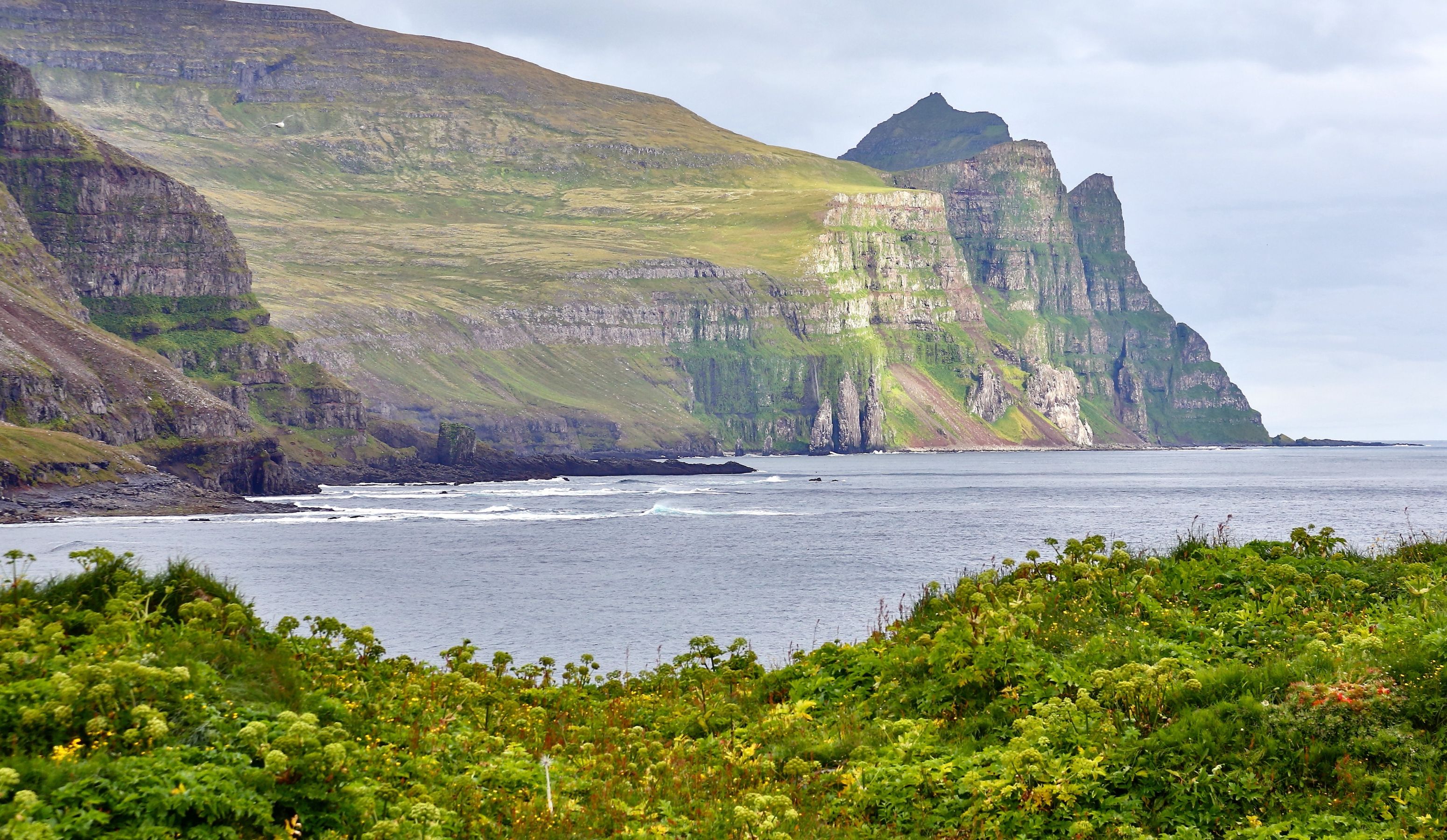
Camping and Staying in Hornstrandir
Camping is the primary accommodation option in Hornstrandir, with designated campsites located in popular areas such as Hornvík, Hlöðuvík, and Veiðileysufjörður. These campsites offer basic facilities, including fresh water and sometimes toilets, but visitors should be prepared for a back-to-nature experience with limited amenities.
For those seeking a bit more comfort, a few rustic huts and lodges are available for rent in certain parts of the reserve. These accommodations provide a more sheltered option for exploring Hornstrandir while still offering an immersive wilderness experience.
Tips for Visiting Hornstrandir
- Plan Ahead: Due to its remote nature, planning and preparation are crucial for a successful trip to Hornstrandir. Ensure you have all necessary supplies, including food, water, camping gear, and appropriate clothing for the often unpredictable weather.
- Respect the Environment: Hornstrandir is a protected area, and visitors are expected to follow Leave No Trace principles. Pack out all waste, avoid disturbing wildlife, and stick to established trails to minimize your impact on the fragile ecosystem.
- Stay Safe: The weather in Hornstrandir can change rapidly, and conditions can be challenging. Ensure you have a reliable means of navigation, such as a map and compass or GPS, and be prepared for sudden changes in weather. Inform someone of your travel plans and expected return time.
Why the Westfjords Should Be on Your Travel List
Whether you're a nature lover, a history buff, or simply seeking adventure, the Westfjords have something to offer.
The remote and rugged nature of the Westfjords means that they are less crowded than other parts of Iceland, allowing visitors to experience the region's beauty in peace and tranquility. The sense of isolation and connection with nature that the Westfjords provide is truly unparalleled. So, if you're planning a trip to Iceland, be sure to include the Westfjords in your itinerary. You won't be disappointed by the stunning landscapes, fascinating history, and warm hospitality that await you in
POPULAR ACTIVITIESPowered by:

We recommend booking tours and activities with our friends at Reykjavík Tourist Info. They offer all the most popular things to do, and their prices are always great. Here are a few of our favorite tours.
On their site you can see everything they have to offer: www.RTI.is
EXPLORE FURTHER
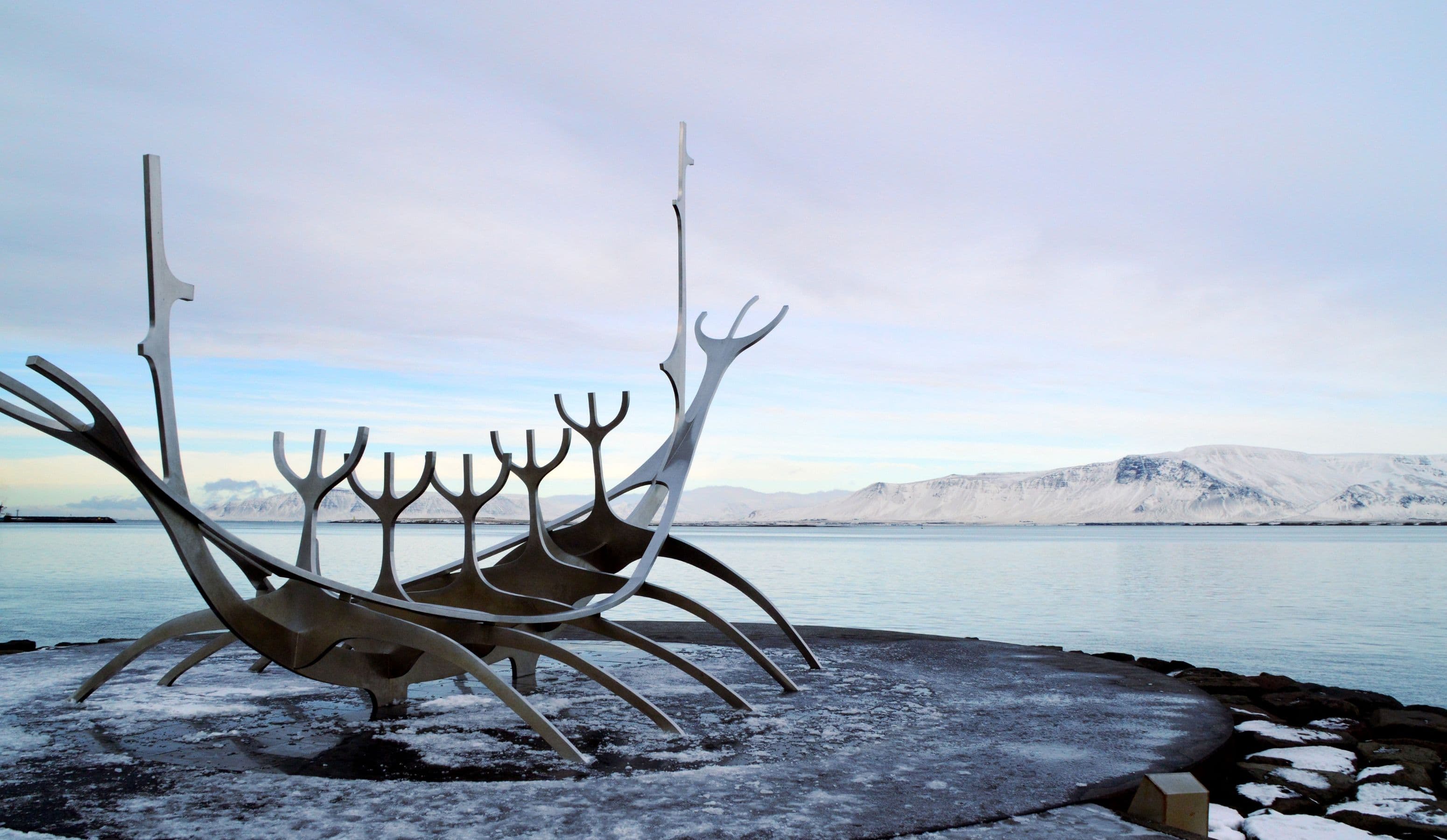
Top 10 activities in Reykjavik
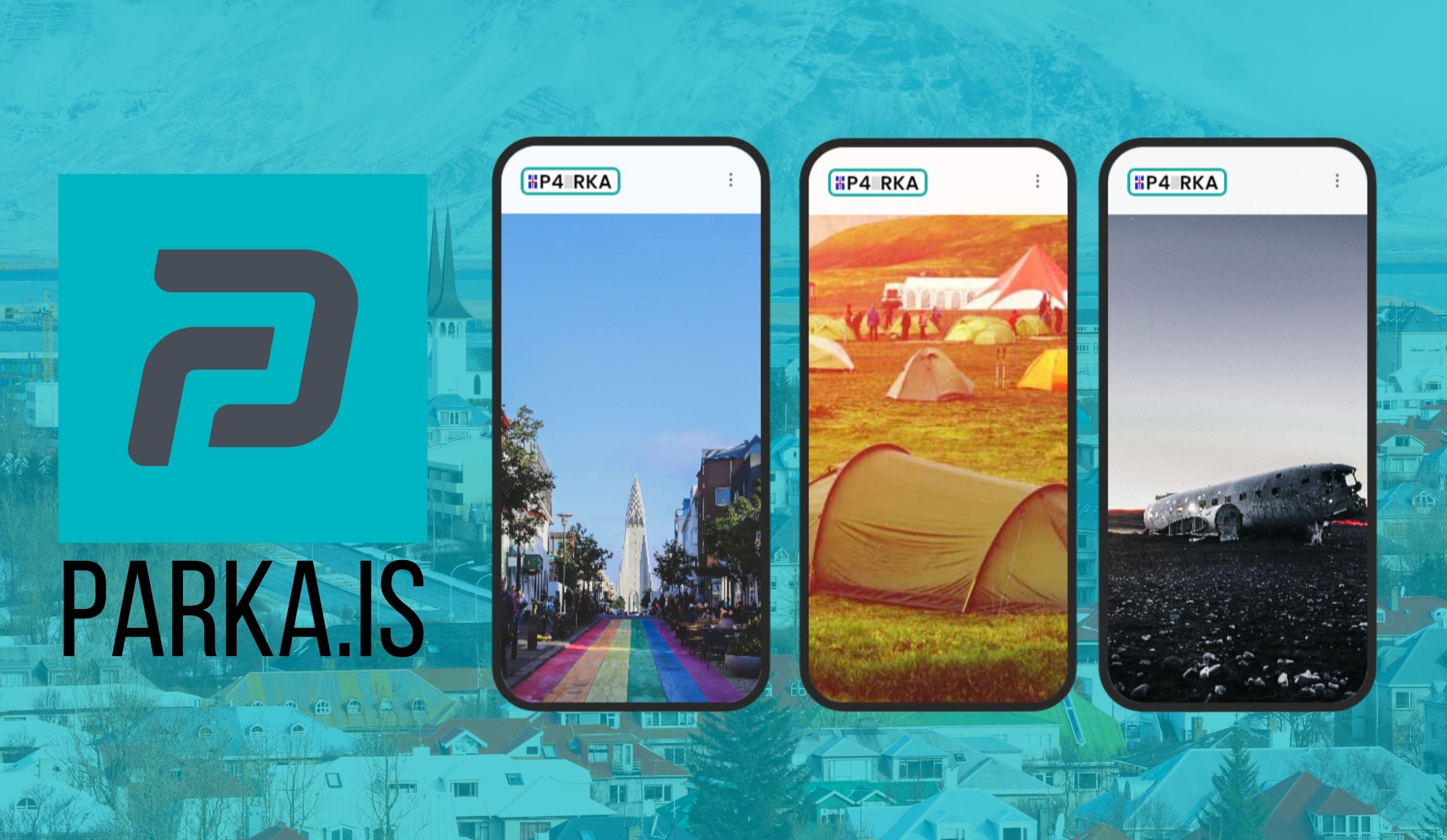
Parking in Iceland and how to pay for it

Celebrating New Year’s Eve in Reykjavik
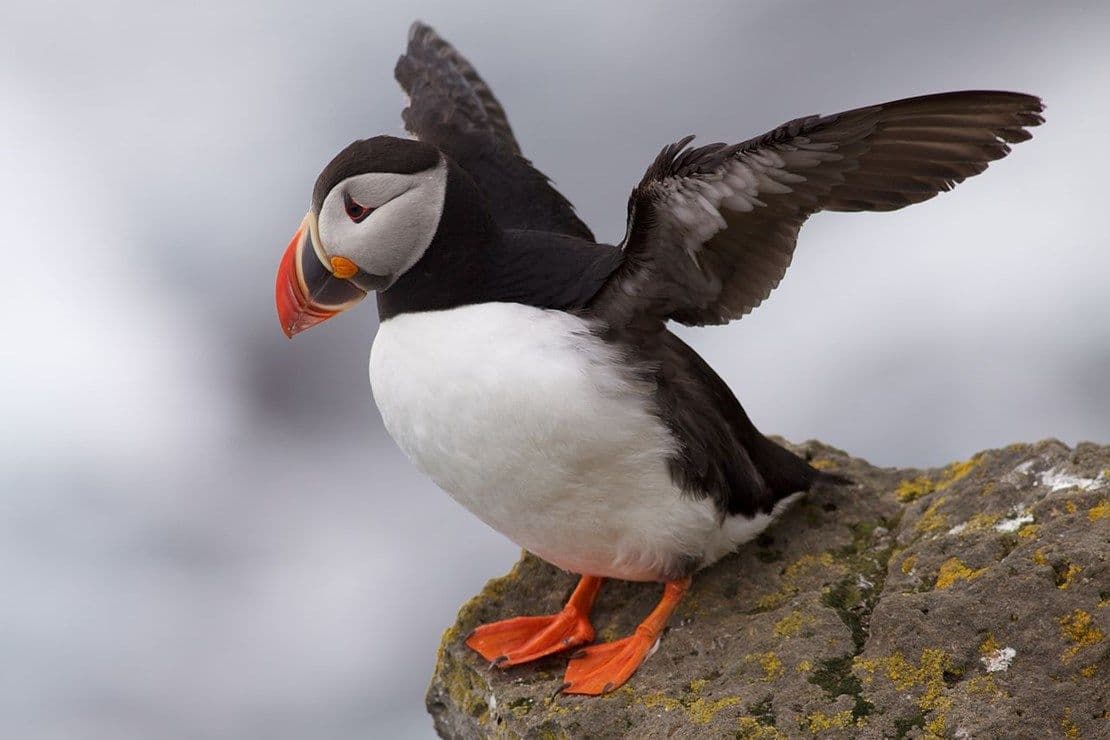
Best places to see puffins in Iceland
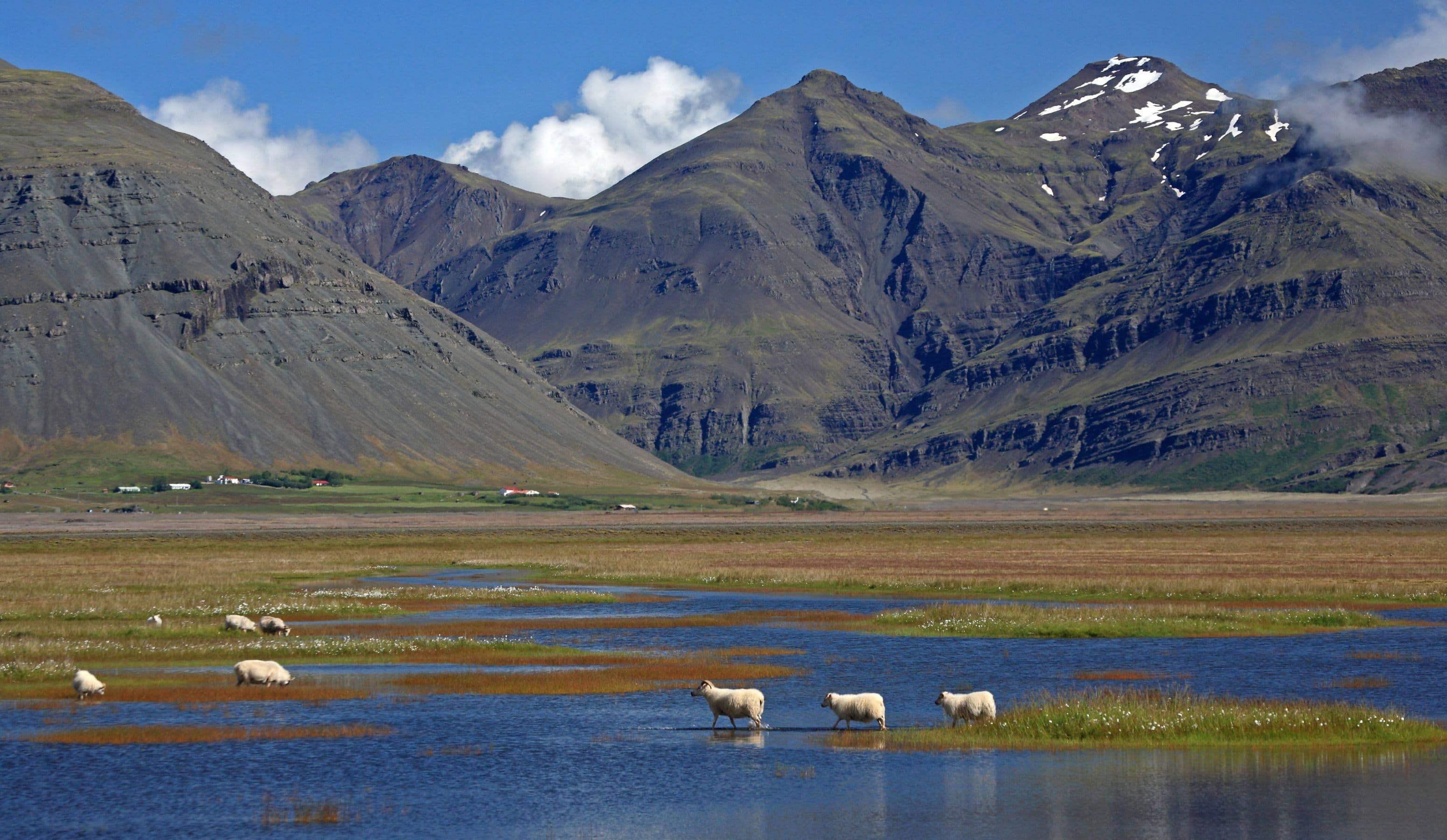
Réttir: Iceland's Annual Sheep Roundup – A Celebration of Tradition and Community


Golfing in Iceland: 12 Breathtaking Golf Courses You Need to Play

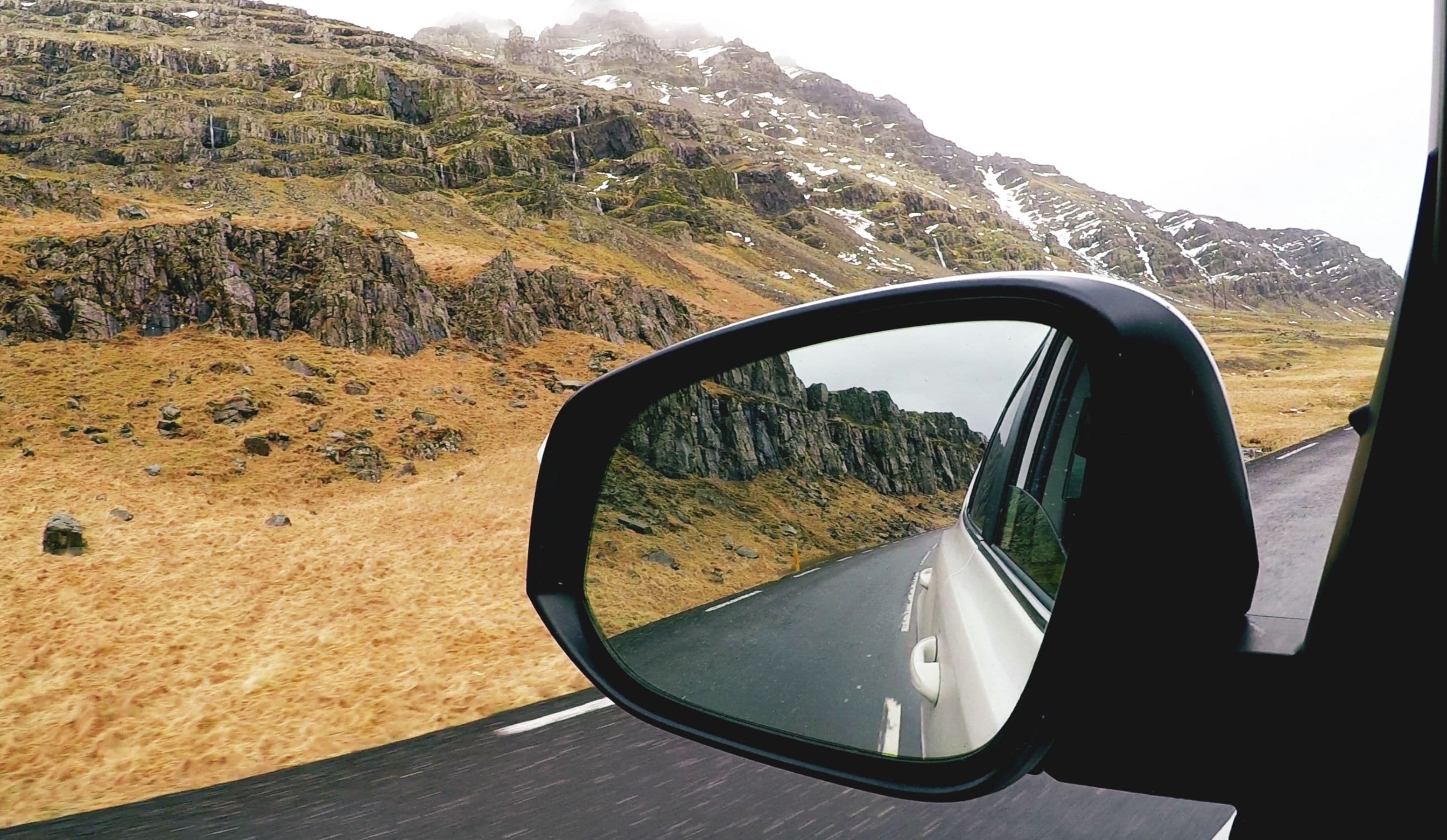
Exploring Iceland in May: A Comprehensive Guide
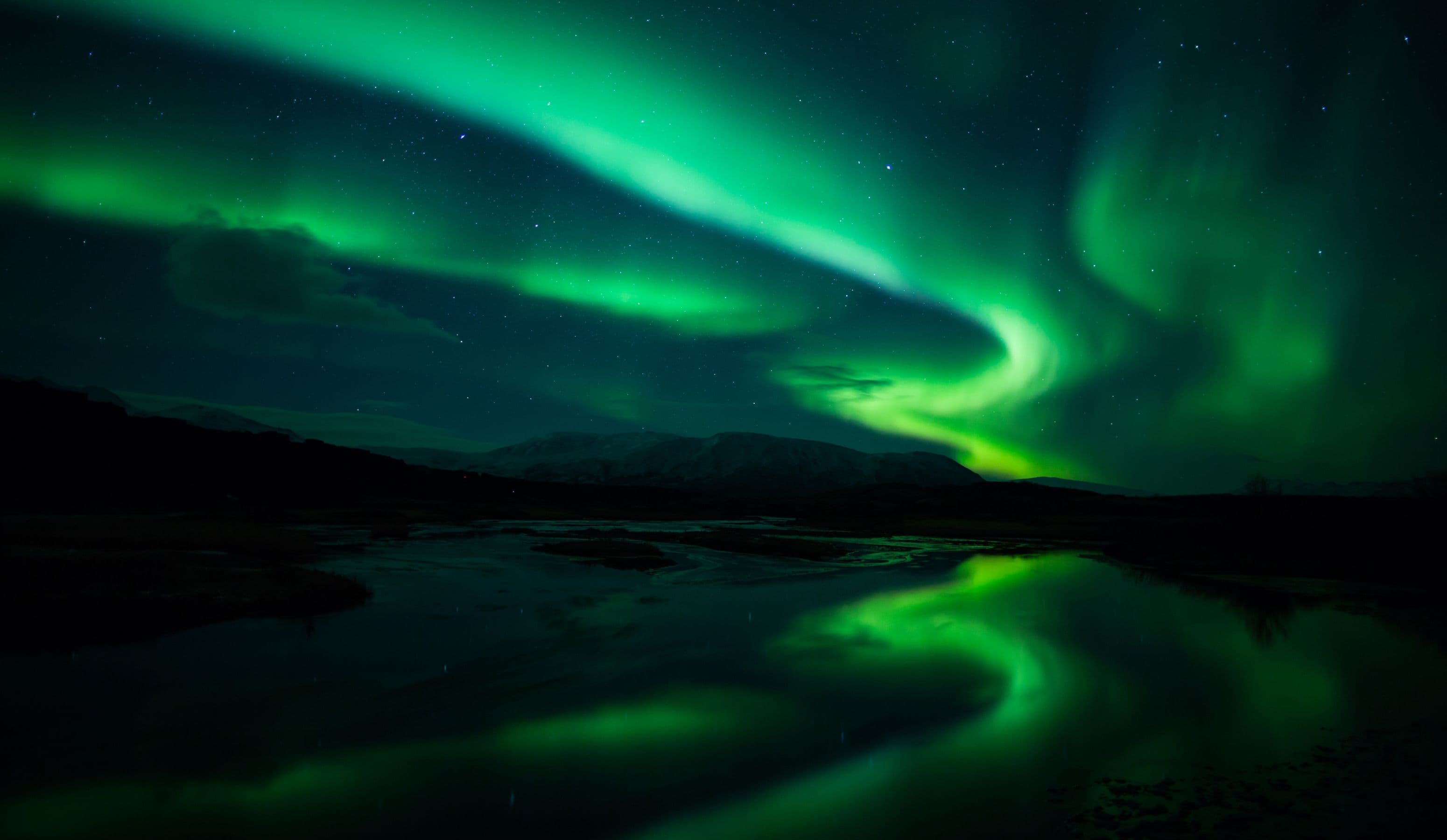
Ultimate Guide to Northern Lights Watching in Iceland: Tips and Photography Tricks
Hear from Our Customers
Welcome to Our Community - your hub for insightful reviews and authentic opinions. Join us in shaping the conversation where your voice matters!

